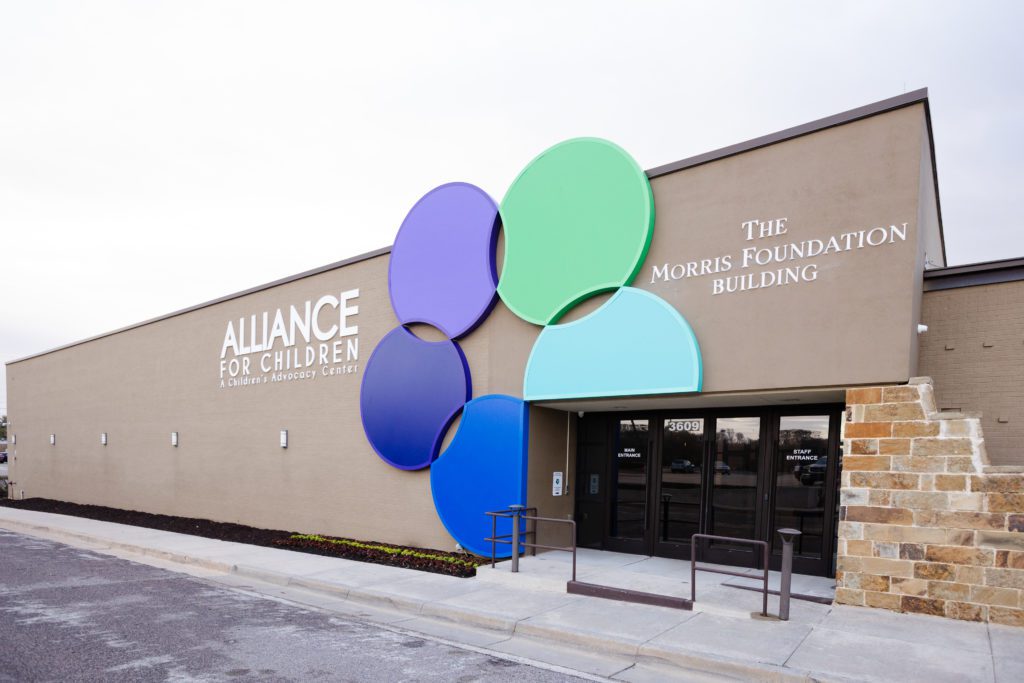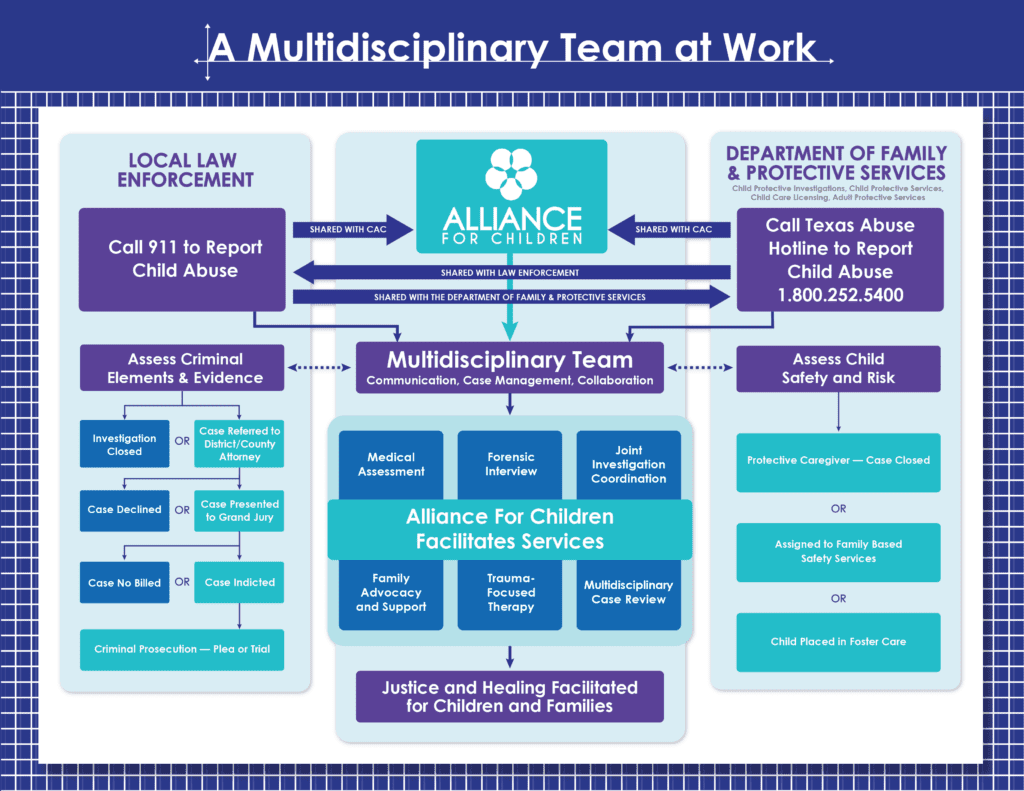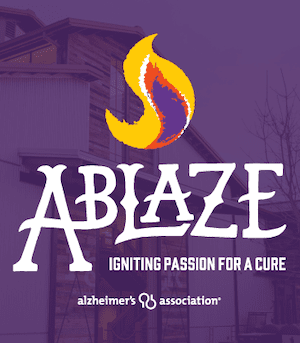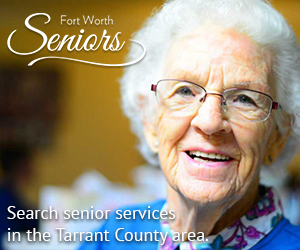

Alliance For Children is Tarrant County’s children’s advocacy center, and our mission is to protect Tarrant County children from child abuse through teamed investigations, healing services and community education. Through our work, we hope to one day eradicate child abuse, so that every child can live their early years free of pain and fear. We believe this is possible – with your help.
Every year, the U.S. recognizes the month of April as Child Abuse Prevention Month, a time for children’s advocacy centers and other youth-serving organizations to come together to keep children safe from abuse and educate adults on how they can work in their communities to prevent child abuse. We’re sharing here some tips on teaching kids how to keep their bodies safe – read on.


“Body autonomy” – you may have heard these words, but what do they mean? Body autonomy is the fundamental human right to be in control of your own body. You get to choose what happens to your body.
Experts know there are protective factors that parents and caregivers can use to reduce the risk of child abuse; not letting a child be alone with other friends or family or preventing children from accessing social media and apps that may put them at risk. Another protective factor is teaching body autonomy. Children need to learn from a trusted adult that they have rights, including the right to decide who can touch them and what feels appropriate. This can be taught to children as young as toddlers, and the lessons can continue through the teenage years.
Adults can start by teaching young children and toddlers that they are the boss of their body. Some tips for this age group are:
• Adults should ask permission before giving a child a hug or cuddle.
• Children should ask before touching someone on the playground, “Can I push you on the swing?”
• Adults should ask permission as well, “Can I help you get on the slide?”
• The areas that a swimsuit covers are private and no one should ask to look at or touch their swimsuit areas (except when a caregiver is giving a bath/changing diaper in a safe way or doctor safely provides a medical exam).
• Teach children accurate names for their body parts. This not only encourages autonomy but will aid professionals if the child were ever to need to share something that happened to them.
• Teach children it is ok to say “no,” even to adults.
• Give kids alternate ways to show affection. They may not want a hug but might be ok with a high five or fist bump.


Keep an eye out for signs that your child is taking control of their body. Do they seem uncomfortable with a hug from Aunt Beth? Do they resist being held by other adults? They may not feel safe with that person, or maybe they just don’t want to be touched right now. Adults should respect the desires of the child.
For school-age children, we know that they are ready to learn about personal space. Some kids like the idea of having a personal “bubble” that surrounds them, allowing them to decide who to let in that bubble. Adults can teach that this goes both ways – it is not ok for someone to invade the child’s personal space, nor should they invade someone else’s. Kids at this age also start to have opinions about their hairstyle and clothing choice. Let them express their autonomy and individuality this way, as long as it is safe and allowed by their school.
For older tweens and teens, adults can teach body autonomy in terms of dating and friend groups. Some like the phrase, “my body, my choice.” They get to decide who touches them and when. It is also important to teach about consent. This is vitally important for all genders and ages, especially as they start to navigate dating or spending unsupervised time outside the home.
The more often and comfortably adults have these conversations with children, the more likely those children are to speak up if something happens to them that they don’t like or that shouldn’t happen. Don’t be afraid to have tough conversations with your children – they need you to protect them and teach them how to protect themselves.


Let’s Talk: Talking with Your Child about Personal Body Safety
TUESDAY, APRIL 26, 2022 AT 12:30 PM – 1:30 PM
Alliance for Children is offering this free class to teach parents how to have important conversations with children about keeping their bodies safe.
Sources:
https://whyy.org/articles/to-teach-young-kids-the-concept-of-consent-fo…
https://www.rchsd.org/2019/12/seven-steps-to-teaching-children-body-aut…
http://stepstoself.com/how-to-teach-your-child-body-autonomy/


Molly Horn
Molly Horn is the PR/Marketing Coordinator at Alliance For Children and has a Bachelor's in Social Work from the University of Texas at Arlington.














